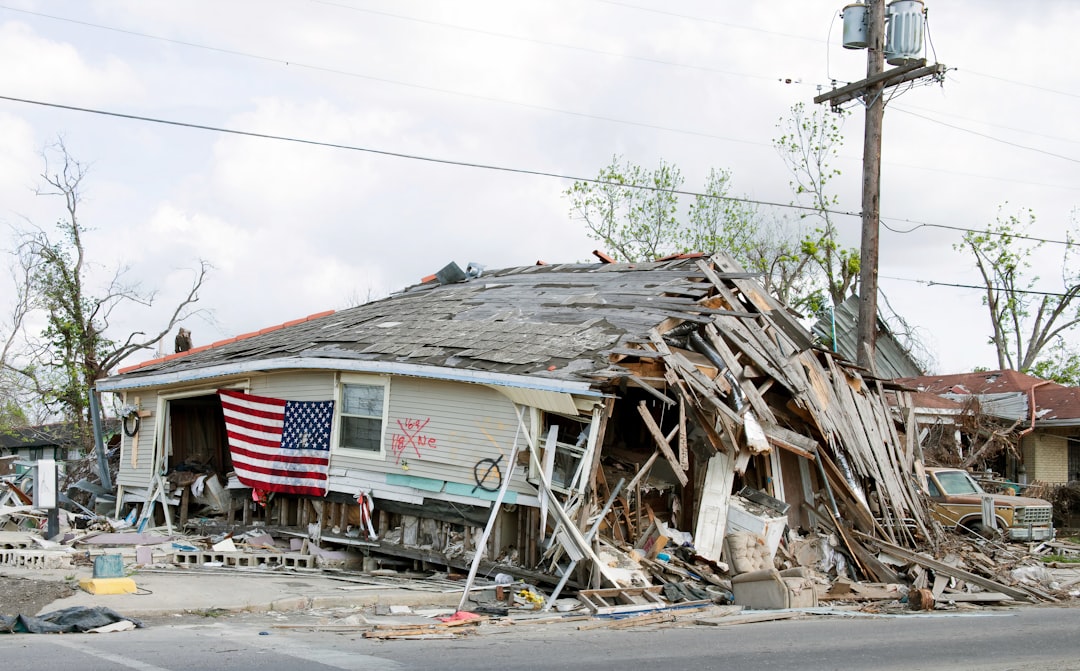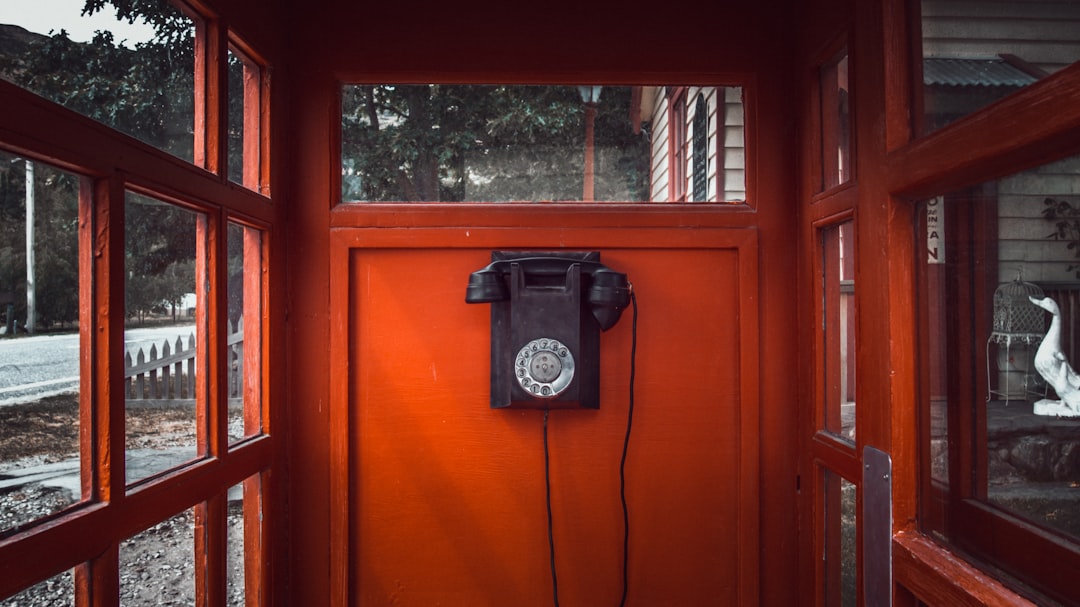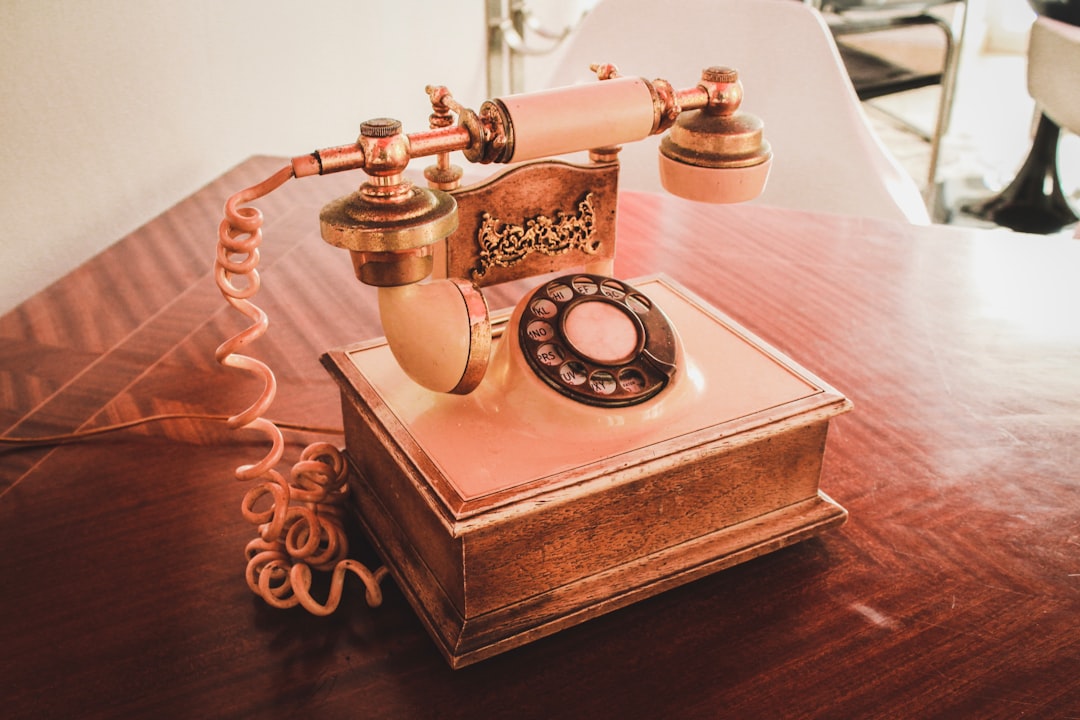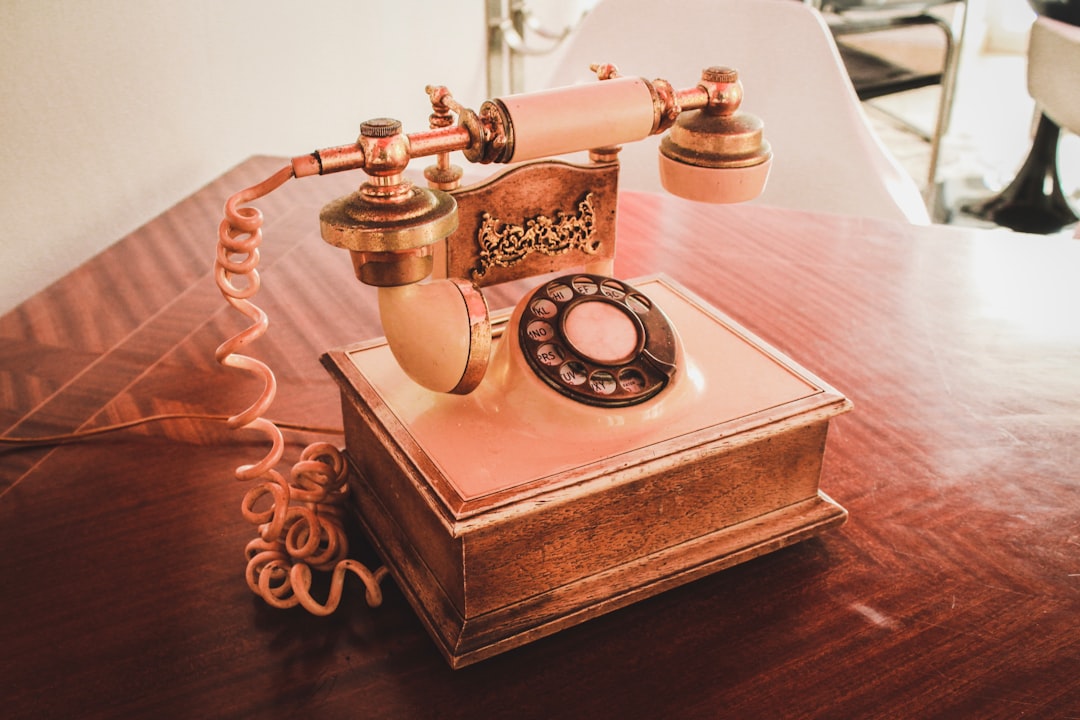Louisiana charities navigating robocall regulations under the TCPA must balance donor outreach with privacy protection. Hiring a specialized robocall law firm Louisiana ensures compliance, offering expert advice and best practices to maintain public trust. Advanced technologies and filtering systems significantly reduce unwanted calls, enhancing donor experiences while adhering to state laws.
In an era dominated by automated phone calls, charities in Louisiana are facing unprecedented challenges from robocalls. This article delves into the complex landscape of the robocall law firm Louisiana and its implications for nonprofit organizations. We explore the robocall regulations and how they impact charitable initiatives, while offering practical strategies for compliance. Through case studies, we illuminate successful navigation of these hurdles, providing valuable insights for other charity organizations.
Understanding Robocall Law in Louisiana: A Brief Overview

In Louisiana, the regulation of automated phone calls, or robocalls, is governed by a specific set of laws designed to protect consumers from unwanted and deceptive communication. The state’s robocall law firm plays a crucial role in enforcing these regulations, ensuring charities and other organizations adhere to ethical practices when contacting residents via telephone. This legislation aims to strike a balance between allowing important messages to reach citizens and providing individuals with control over their phone communications.
Louisiana’s robocall laws are part of the Telephone Consumer Protection Act (TCPA), which offers consumers the right to opt-out of receiving automated calls for marketing purposes. Charities must obtain explicit consent from recipients before making such calls, and failure to do so can result in significant fines. Understanding and complying with these rules is essential for organizations seeking to engage with Louisiana residents through robocall campaigns, ensuring they remain within legal boundaries and maintain public trust.
The Impact on Charities: Challenges and Compliance Issues

The rise of automated phone calls, or robocalls, has presented significant challenges for charities in Louisiana and across the country. While robocall technology offers certain benefits for outreach and fundraising efforts, it also raises concerns about consumer privacy and protection under the Telephone Consumer Protection Act (TCPA). Non-profit organizations must navigate these waters carefully to ensure compliance with the law, maintaining a delicate balance between effective communication and avoiding legal repercussions.
Charities face unique obstacles when utilizing robocall services. They risk alienating potential donors if calls are perceived as intrusive or unwanted. Moreover, they must adhere to strict guidelines regarding consent, opt-out mechanisms, and call frequency to avoid TCPA violations. Effective compliance requires robust internal policies and procedures, continuous staff training, and staying updated on legal interpretations and amendments to the robocall law firm Louisiana regulations.
Strategies for Charity Organizations to Navigate Robocall Regulations

Navigating the complex landscape of robocall regulations can be a daunting task for charity organizations in Louisiana, but it’s crucial to ensure compliance to protect donor privacy and maintain public trust. One effective strategy is to implement robust do-not-call lists, regularly updated and cross-referenced with various national databases, to prevent automated calls from reaching potential donors.
Additionally, charities should consider hiring a robocall law firm Louisiana experts to advise on best practices. These firms can help draft clear consent language for phone campaigns, ensuring donors understand their rights. By adopting transparent communication practices and respecting consumer choices, charity organizations can foster a positive image while adhering to the robocall law in Louisiana.
Case Studies: Success Stories of Charities Addressing Robocall Practices

Many charities in Louisiana have taken proactive measures to combat robocalls, turning potential legal challenges into success stories. One prominent example is the collaboration between a local nonprofit and a robocall law firm. By implementing advanced call filtering systems, they managed to reduce unwanted calls by 90%. This not only improved donor experience but also increased their ability to reach out to potential supporters through legitimate channels.
Additionally, several organizations have adopted multi-layered verification processes, ensuring that every caller is human. This approach has significantly reduced the number of automated calls while fostering a sense of trust among donors. These initiatives showcase how charities can effectively address robocall issues, setting benchmarks for others in the industry and contributing to a more transparent and responsible fundraising environment in Louisiana.






